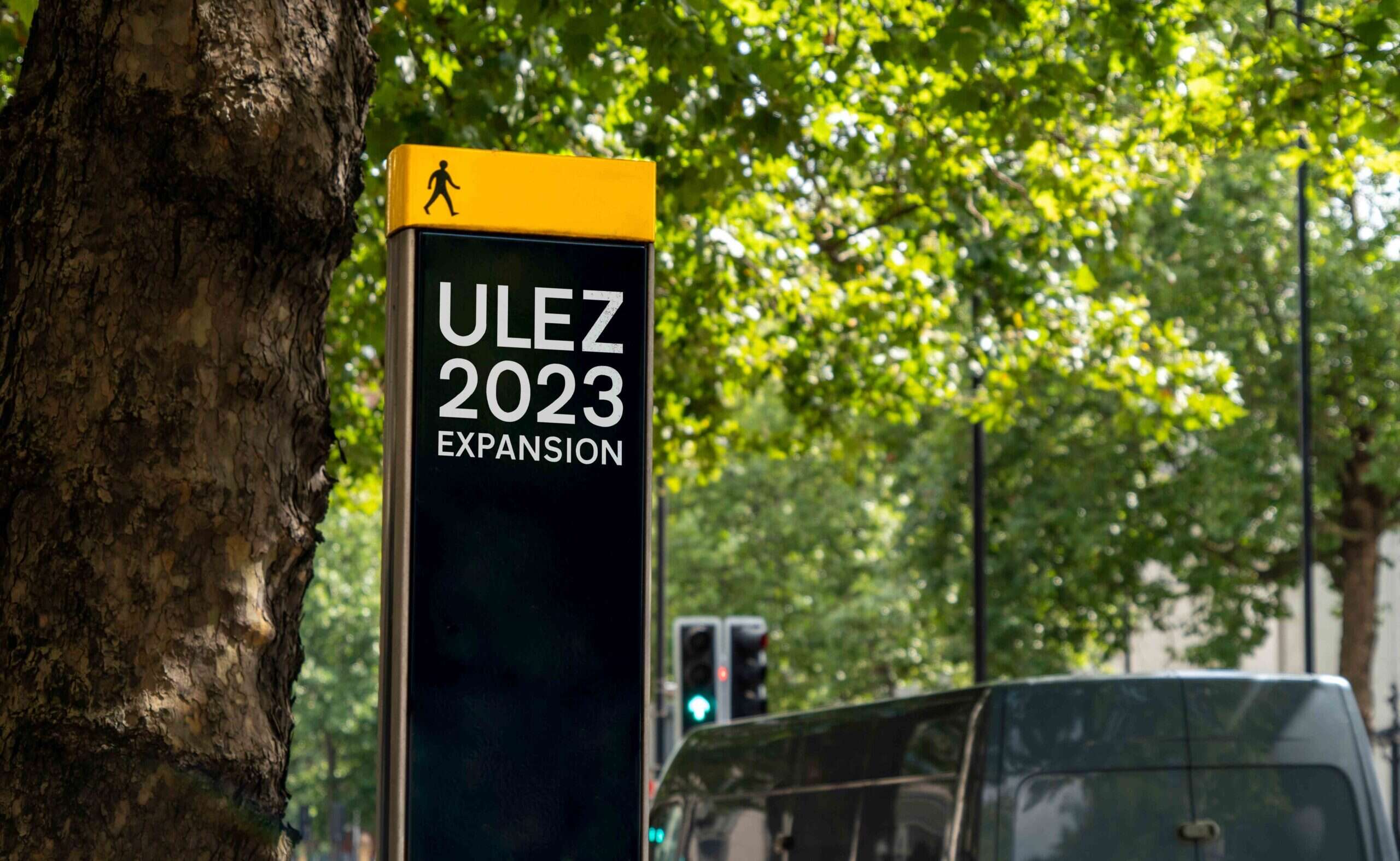

- A marginal political victory on a local issue is at risk of derailing Britain’s commitment to net zero.
- Prime Minister Rishi Sunak is fighting for his party’s survival and climate bashing could offer him a lifeline.
- Although he has expressed commitment to net zero, Sunak’s environmental voting tack record is poor.
It was a small surplus of 495 votes that gave the British Conservative party a surprising by-election victory last week. Triggered by the departure of Boris Johnson from formal political life, it was widely assumed Labour, the opposition party, would win the seat, given how unpopular the Conservatives presently are.
The diagnosis for Labour’s failure to capitalise? ULEZ, or Ultra Low Emission Zone, a soon to be London-wide area where owners of motor vehicles that pump out a certain level of carbon dioxide face a daily charge for using them. It is a health policy designed to cut the dangerous levels of air pollution in major urban areas.
The expanded scope of ULEZ, which is under the purview of the Mayor of London (but mandated by central government), Labour politician Sadiq Khan, proved such a divisive issue amid a cost-of-living crisis that voters opted for a politician who promised an end to it.
Some right-leaning commentators were quick to pounce on the surprise victory, lauding it as an opportunity not just to review the scope of ULEZ but also the country’s international and legally binding commitments to reaching net zero. A few have even suggested it should be put up for referendum.
In fact, Sunak has weighed in on this already, offering public statements indicating that he would like to ensure that, although reneging on net zero is off the cards, it must be done “in a proportionate and pragmatic a way that doesn’t … [add] more costs in their lives” – a clear hint that some form of climbdown is definitely on the cards.
Political opportunism
All that may sound nice and reasonable, but it begs the question: why conflate these distinct – albeit related – government policies? One might argue it is just a cynical attempt to turn a local concern (ULEZ) into a national one that offers the Conservatives a lifeline into next year’s general election. This is not lost on Labour, who are also now wavering on climate.
For those who care deeply about the UK’s status as a leader on climate change, there is a lot to be worried about. As Capital Monitor reported last month, there were already serious concerns Sunak is failing to take the nation’s legal commitments to reach net zero seriously enough.
A report published by the Climate Change Committee said in no uncertain terms that 2030 and 2050 deadlines set by the UK government to lower carbon emissions were more in doubt than ever before due a lack of delivery on crucial KPIs.
Sunak’s own voting activity on climate change won’t provide comfort, either. In an analysis conducted by Capital Monitor last year, just after Boris Johnson was kicked out of Downing Street, it was clear Sunak is no friend of the environment; he had the joint worst record on voting in favour of climate-related policy proposals amid a very grim peer group of senior Conservative politicians.
Given this backdrop, and both Sunak’s and his party’s deepening unpopularity, there is very good reason to fear the recent by-election results will fuel a belief that elevating climate change to the top of the electoral agenda and bashing net zero could win back voters.
In other words, if Sunak believes he can extract voting capital from conflating the failings of ULEZ with net zero then there is every risk he will.
Not only would this be dangerous in substance, but it would make net zero, a global coordinated attempt to save billions of humans from facing drought and starvation, just another political football in which to kick around for a few votes.
All 495 of them…






